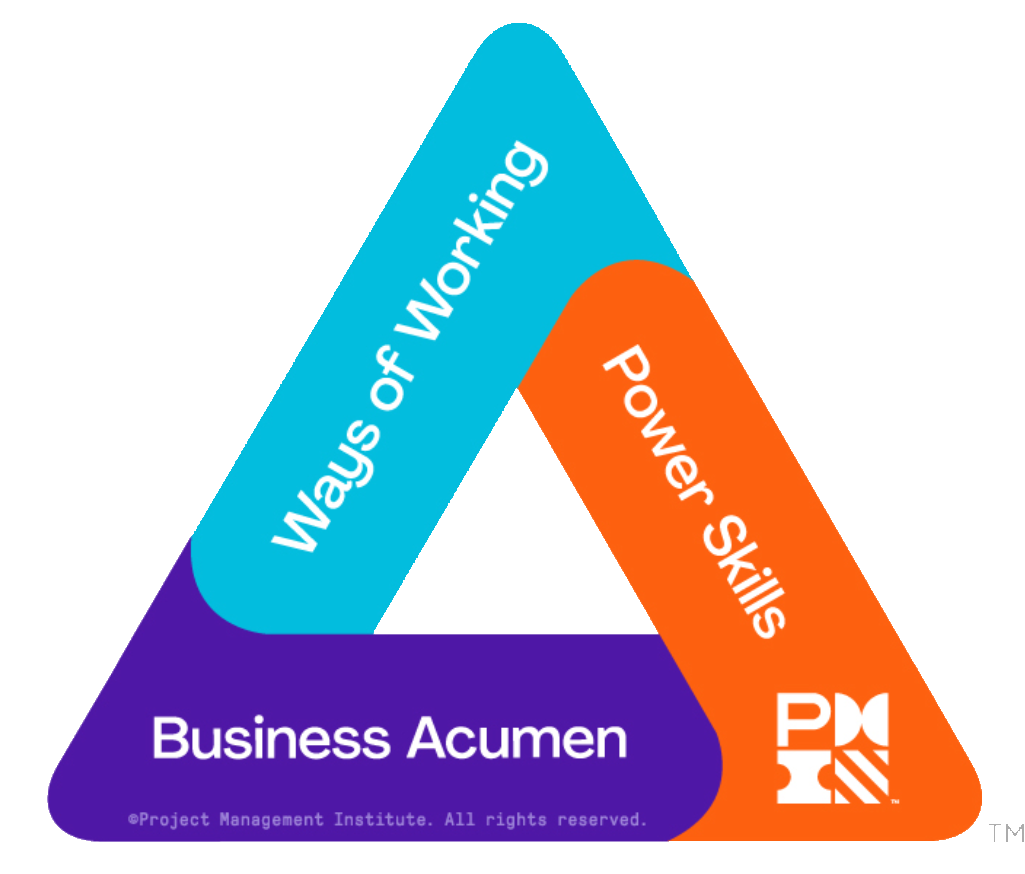
Managers are vanguards of change because they are the focal point for introducing new ideas, new products, and new services into the environment. Vanguards being the first in essentially function as lightning rods for the natural resistance to change hardwired into our humanity. Effective change management skills are the hallmark of the highly effective manager, regardless of industry, country, or culture.
The common denominator in this natural resistance to change is people who resist for a number of reasons—because they don’t understand, they don’t agree, or they possibly don’t care. Managers who understand the human dynamics behind change know that those who don’t understand need to be informed, those who don’t agree need to be listened to, and those who don’t care need to be inspired. Humans are complex. Resistance can materialize from differences in personality and culture and ultimately because of plain human nature. Pushing a team to work consistent 12-hour days no doubt “sows the seeds of discontent” that will inconveniently bubble up at a most inopportune time.
Transforming this resistance into a supportive mindset without resorting to positional power is the simple definition of facilitative leadership. When your team or stakeholder group agrees to be advocates for your leadership and your vision, you have a much greater chance to optimize the expected outcomes for all stakeholders. The operative words in the preceding sentence are “all stakeholders.” Facilitative leadership is predicated on the belief that getting results at the expense of the team’s mental and emotional wellbeing is not an acceptable way to lead.
Imagine a team that believes there is no problem it cannot solve. Imagine a team that cares as much about the competing demands as the project manager does and consistently demonstrates its commitment through word and deed. Imagine a team that embraces conflict and that is unafraid to call out one another on process and performance expectations. Imagine a team that openly states their advocacy for you as a leader and your vision of the desired outcome. This is the outcome or impact of facilitative leadership. This workshop will provide you with insight, tools, and techniques on how to build this commitment and collaborative capital for which every organization is hungry.
During this workshop, you will learn:
This course is targeted at those in a leadership position and those who aspire to leadership positions.
There is no prerequisite for this course. It functions as a stand-alone course.
You will receive a course binder containing copies of presentation slides and handouts.
Introduction and Context
Acknowledge Leadership Reality
Mobilize Around a Five-Step Process
| Your Leadership Legacy Tells the Story
Making Leading on Purpose (LOP) a TEAM Game
Recap and Next Steps
|
Course ID: PX-1610
Course Level: Intermediate
Duration: 1 day
Sessions not found.
 The following table provides the breakdown of the professional development units (PDUs) for this course aligned with the PMI Talent TriangleTM.
The following table provides the breakdown of the professional development units (PDUs) for this course aligned with the PMI Talent TriangleTM.
| WoW | PS | BA | |
| PMP | 0 | 7 | 0 |
| PgMP | 0 | 7 | 0 |
| PfMP | 0 | 7 | 0 |
| PMI-ACP | 0 | 7 | 0 |
| PMI-SP | 0 | 7 | 0 |
| PMI-RMP | 0 | 7 | 0 |
| PMI-PBA | 0 | 7 | 0 |
The three columns in the above table are Ways of Working, Power Skills & Business Acumen.
Other professional (re)certification credits are available, including: